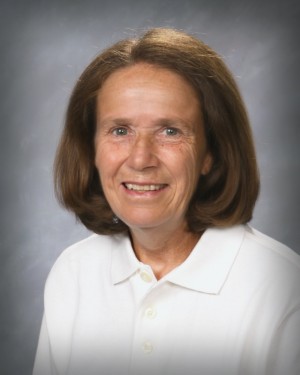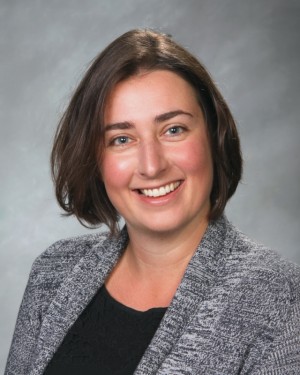Inside the WHS counseling office on depression, suicide
April 7, 2015
To say things have changed since counselor Mary Howie first began working at Wenatchee High School would be an understatement. Twenty-six years ago, Howie said she could walk down the halls and know most of the 1,100 students. Now, she said she is lucky if she knows a third of the more than 2,100.
In addition to school size, everything from graduation requirements, testing, extracurricular responsibilities, social media activity, and mental issues have all increased over time at WHS. On the other hand, the number of counselors has been roughly at a standstill, with four counselors to 1,100 students then and five counselors to more than 2,100 students now. By failing to grow with the increasing academic, social, and emotional demands, the WHS counseling department must fight to keep up with its students’ needs, especially depression.

“We have to [act] like a hospital. Mr. Celebrezze wants us meeting with the students that have any grade of an ‘F’ every three weeks, so we are doing that as hard and fast as we can,” Howie said. “But we also have to fit in students who need to talk about Running Start, the kids who have emotional issues. We have to get scheduling in there, graduation requirements, college applications, letters of recommendation. It is kind a 100 miles per hour all the time.”
Yet as the school’s past demonstrates, this is not how it has to or is meant to be.
“The national recommendation from the Association of School Counselors is one counselor for every 250 students. And we have understood from the State Department of Washington that they are funding for about one counselor for every 276 students in high school,” Howie said. “I certainly don’t have the time and energy to get to every single kid I would want to get to. With almost 500 kids per counselor, it’s almost impossible.”
If students do not go in for help, either by themselves or by referral of a classmate or teacher, those with the most severe depression or anxiety issues can fall between the cracks of the counseling department. But when a counselor is made aware of a student’s emotional problem, it takes all precedence.

“[A depressed/suicidal student] takes top priority. There is no way we will turn a student with a problem away. I will drop everything else,” counselor Sara McManus said.
McManus said often cases of depression are found in students when talking about other academic or social issues. Each counselor screens students for signs of depression, anxiety, or self-harm during their appointment and when a problem is suspected, he or she will notify the parents. They will then refer the family to the Department of Mental Health or a local clinic for further treatment, but as guidance counselors, they cannot diagnose medical problems.
“We are guidance counselors; we aren’t certified mental health counselors. We talk to the student. We talk to the parent. We recommend it, but we can’t force somebody to [get treatment],” Howie said. “We would also like to see a mental-health certified specialist full-time [on campus] because we are running a lot more into kids with issues like depression, anxiety, some pretty severe stuff that they need help with.”
For the last few years, Howie said former Principal Mike Franza and current Principal Bob Celebrezze have requested more counselors, yet the school district ultimately decides. Les Vandervort, Chief Financial Officer of Wenatchee School District, said Celebrezze has already requested seven new positions for next year, including a counselor, but it is too early in the process to say if they can meet the request.
The district’s budget depends on the state’s education budget, which the Legislature is currently working out. With the McCleary case and initiatives like 1351 all asking for increased state educational funding, Vandervort said the legislative process may take longer and the district might not have a clear idea of what they have to work with until late spring.
“[More counselors is] already on the table. I don’t know where that is on the priority list when every other school is asking for other positions,” Vandervort said. “With counselors it is like with everybody else; no one thinks they have enough.”
Even if more counselors were added to WHS, there is the question if students would actually see them for personal issues. Senior Carla Ceja said she has dealt with depression and cutting since middle school and has only seen her counselor twice — to talk about scheduling.
“I went to a different counselor out of school. Sometimes, I don’t think counseling helps,” she said. “If you don’t really know your counselor, it is awkward to talk about things. I usually just go to my friends for that.”
Long waits in the counseling office, shuffled appointments, and missed class time may all dampen students’ motivation to see their counselors and build a relationship. Even more so, some students don’t think their counselors are there for personal problems.
“Counselors are usually more for school, or that’s what I thought, so if I had a problem, I would go to someone else. Since I started school, they were like, ‘That’s your academic counselor, not your personal counselor,’ ” senior Maria Arroyo said. “I just don’t like the wait [in the counseling office]. If there are other kids in front of me, I’ll just be like, ‘Oh, I’ll go some other time.’ And the other time never really comes.”
Check back tomorrow for part three of this reporting.
Click here to view part one: Depression, suicide on the rise, survey says.
